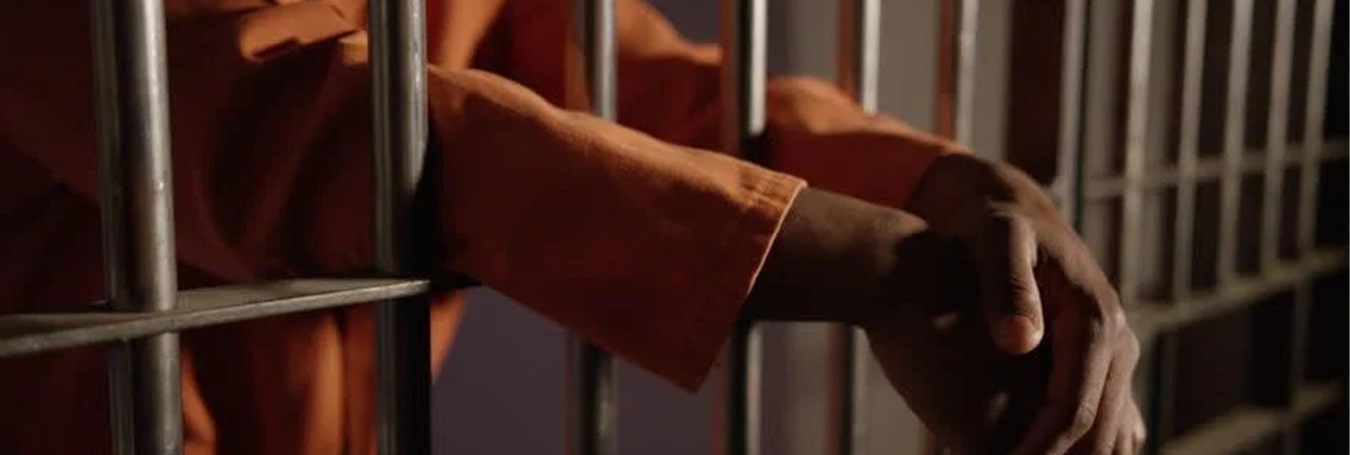Forensic nursing sits at the intersection of healthcare and the legal system. In general, practitioners care for victims of violence. Apart from that, they also collect evidence and testify in court. Hence, with such high stakes, risk management in forensic nursing requires strong measures.
In fact, if you overlook some legal pitfalls, you might jeopardize patient care. Apart from that, it will also damage your evidence integrity as well as your professional license as a nurse.
Read on to get a better idea of the common legal pitfalls to avoid in risk management in forensic nursing.
Risk Management in Forensic Nursing: Common Pitfalls to Avoid
The following are some of the most common legal missteps that happen during risk management in forensic nursing:
1. Inadequate Documentation
Accurate, detailed records form the backbone of legal credibility. Incomplete or vague charting can weaken a case or open a nurse to liability.
Forensic nurses must document every assessment, intervention, and interaction in clear, factual language.
Moreover, you must avoid inserting opinions or assumptions. Be sure to date and time every entry, and note the patient’s exact words in quotation marks.
If you are using body maps or photographs, ensure they are labeled correctly and stored securely. While it can be tempting to jot down shorthand, stick to full sentences that convey observable facts.
In addition to that, regularly review documentation standards and participate in chart audits to identify gaps before they become problems.
2. Failure to Obtain Informed Consent
In most cases, treating patients without consent may lead to legal action. Also, in those cases, victims often feel confused or traumatized.
Hence, before collecting evidence, whether swabs, photos, or samples, use simple language to explain procedures. Moreover, be sure that the patient is able to comprehend what you say.
Meanwhile, if a patient speaks a language other than English, always arrange for an interpreter. For minors or those lacking capacity, make sure you involve a guardian or legal representative.
Record details: who was present, what was explained, and any questions asked. If a patient refuses, respect the decision and document it fully.
Many nurses pursue advanced credentials to strengthen their practice. Programs like a Master’s in Forensic Nursing teach consent protocols and legal best practices. These courses can help nurses stay current on regulations.
3. Mishandling of Evidence
Evidence collected during a forensic exam can make or break a legal case. Contamination, mislabelling, or chain of custody errors all undermine evidentiary value.
In addition to that, always wear gloves and change them between evidence items. Package each item in a separate, sealed container that indicates any tampering at a glance. Also, label containers with date, time, patient identifier, and collector name.
Be sure also to transport evidence to the storage facility promptly and log its arrival. Apart from that, maintain a clear and written chain of custody at every handoff. Also, include the name of the recipient, the date, and the reason.
However, if confusion arises later, a missing signature or unclear timestamp might exclude critical proof at trial.
4. Poor interdisciplinary communication
Forensic nursing involves collaboration among police, social workers, prosecutors, and laboratory technicians. Without clear communication, misunderstandings occur. Hold regular multidisciplinary meetings to review procedures and case updates.
When sharing patient information, follow confidentiality rules and only disclose what is essential. Document verbal briefings and send follow-up emails summarizing key points. This simple step keeps everyone on the same page.
5. Insufficient Training in the Chain of Custody
Knowing how to collect evidence is not enough; forensic nurses must also master chain of custody protocols. If nurses skip or shortcut steps, evidence might be declared inadmissible.
Healthcare facilities need clear, standardized policies that outline each stage of collection, labeling, storage, and transfer. Nurses should also undergo regular competency checks and scenario-based drills.
Create checklists to follow during evidence collection to ensure nothing is overlooked. If policies change, say due to new legislation, hold refresher sessions promptly.
A well-maintained chain of custody not only bolsters legal claims but also protects nurses from accusations of procedural negligence.
6. Breaching Patient Confidentiality
Forensic cases involve sensitive details such as domestic violence, sexual assault, or child abuse. Sharing information beyond the need-to-know circle might break privacy laws, such as HIPAA.
Hence, you must limit disclosures to investigators and legal teams directly involved. Also, do not discuss cases in public areas.
In addition, ensure electronic records are password-protected. If law enforcement requests data, verify that they have the necessary legal authority, such as a warrant, before sharing.
Document each disclosure: who asked, what was shared, and the legal basis. Protecting patient privacy builds trust and limits legal risk.
7. Neglecting Cultural Competence
Cultural misunderstandings can lead to legal issues if patients feel disrespected. For example, modesty norms may affect exam consent.
Ask about cultural or religious beliefs before starting. Explain why certain steps are necessary, and listen to concerns.
In addition, offer a same-gender examiner if requested and adjust procedures to respect cultural needs whenever possible. Document cultural considerations and any adjustments made. Courts look closely at whether patient rights were honored. Demonstrating cultural sensitivity safeguards everyone involved.
8. Unprepared Expert Testimony
Testifying in court carries significant responsibility. Moreover, a lack of preparation might also harm credibility.
Therefore, before your appearance, review your notes and refresh forensic terminology. In addition to that, anticipate common cross-examination questions. Also, it is important to dress professionally and arrive early.
Moreover, you must also speak slowly and clearly. Explain medical findings without jargon. If you don’t know the answer, never guess or speculate.
Apart from that, stick only to documented facts. Hence, by following these steps, you will be able to reduce the risk of appearing evasive or unreliable.
9. Failure to Recognize Stress and Burnout
In general, forensic work exposes nurses to graphic injuries and emotional trauma. Also, prolonged exposure without support might impair judgment. This leads to errors in evidence handling or documentation.
Healthcare facilities should offer counseling, peer debriefings, and manageable workloads, and nurses must monitor their own stress levels.
After a disturbing case, request temporary reassignment or additional support and document any accommodations. Prioritizing mental health ensures both patient safety and professional standards.
10 Non-Compliance with Laws and Policies
Forensic nursing regulations vary by state and country. Hence, ignoring laws or facility policies might invalidate evidence or lead to disciplinary action.
Therefore, make sure to update yourself by subscribing to legal newsletters and attending workshops. Also, you might choose to join professional forums to get legal updates.
In general, when new mandates emerge (for example, updated rape kit testing requirements, you must integrate them into practice immediately.
Moreover, be sure to have quick-reference guides or flowcharts with you that summarize the most important legal requirements.
Meanwhile, if you work across jurisdictions, remember that local and federal rules may differ. Apart from that, compliance is mandatory. Basically, if you ignore statutes, you and your organization might face lawsuits later.
Your Legal Guide: Always Stay Vigilant
Risk management in forensic nursing demands vigilance, ethical integrity, and constant learning. Hence, if you avoid these ten legal pitfalls, you will be able to safeguard both your patients as well as your own professional standing.
Moreover, invest enough time in training. Also, update yourself with evolving laws and lean on interdisciplinary collaboration.
In fact, if you uphold rigorous standards as a forensic nurse, the credibility of evidence will be strong. This way, you will be able to protect vulnerable individuals and strengthen the justice process itself.
Read More:
















